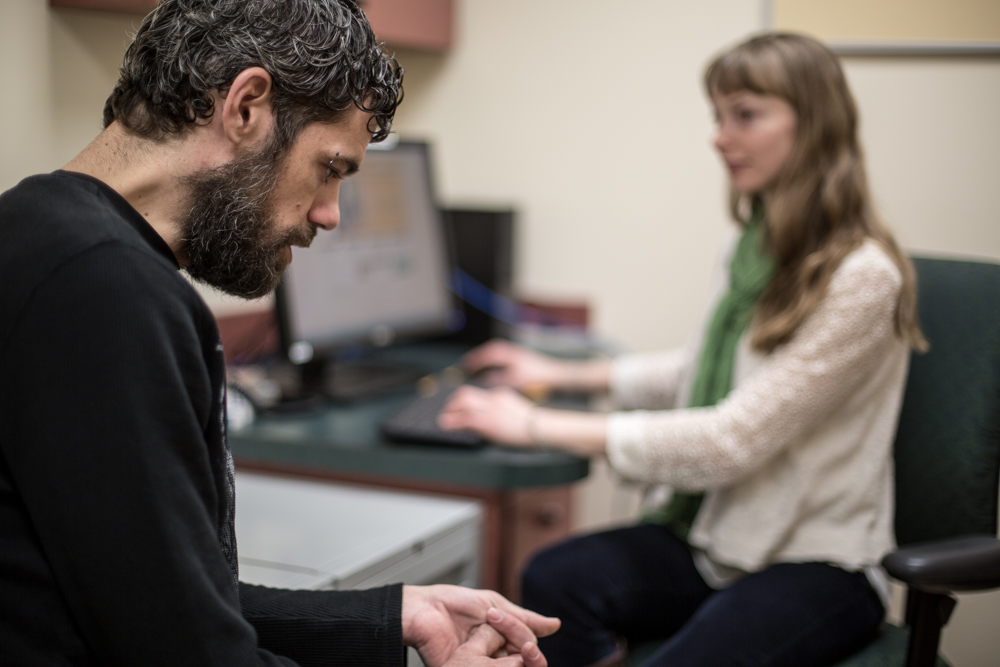
Patient education
Timing and delivery just as important as facts
Being diagnosed with a chronic illness can be a life-altering experience.
For a patient with diabetes, it means planning every meal carefully, maintaining a healthy weight, getting regular exercise and sometimes even taking daily injections or pills.
“There’s an awful lot to learn,” says Dr. Gayle Halas, Research Director in the Rady Faculty of Health Sciences Department of Family Medicine.
With a research focus on patient education— the medical information patients receive and how they understand their condition—that makes it an ideal area of study. “I chose diabetes because it’s the kind of disease where the daily choices a patient makes can have a real impact on his or her own health.”
Halas earned her PhD in 2016 through the University of Manitoba’s Individualized Interdisciplinary Studies program, with advising from the College of Nursing. Through work on her thesis, she saw firsthand that changing the habits of a lifetime doesn’t just take grit and willpower—it requires solid information and a realistic plan. That’s where healthcare providers come in. Patient education is key to helping those living with chronic illness to manage their disease. “But just telling a patient what to do doesn’t always work,” says Halas, even when ignoring medical advice can be serious or even life-threatening. Her research goal was to understand what makes some patients disengage or check out during that vital part of the process.
What she’s learned is that it’s not always the information that’s problematic. First, a patient has to be ready to hear it. But sometimes it’s also how the message gets shared. “There are patients who went in ready to listen, but when the healthcare provider started pointing and wagging fingers, they tuned out,” said Halas.
Something as simple as a change in perspective can help. For example, one patient she spoke with had given up drinking but hadn’t yet stopped smoking. “If you look at it only through the lens of perfection, yes, she’s failing,” she said. “But if you consider it incrementally, that’s pretty impressive. She gave up drinking! That’s a big thing!”
Ultimately, Halas says the goal is a more person-centred approach. “I recognize that there’s a lot of pressure on the system and that everyone is busier than ever,” she says, “But not everyone who comes through the clinic door understands the same message the same way.” By modifying the approach to build on an individual’s experiences and successes, Halas says medical professionals may have greater success in helping patients better help themselves. “That’s our ultimate goal, no matter what the illness.”

Dr. Gayle Halas [PhD/16]
Research Director, Department of Family Medicine, Max Rady College of Medicine, Rady Faculty of Health Sciences
Director, Manitoba SPOR Primary and Integrated Healthcare Innovation Network
Research: The dissonance and distance underlying patients’ cognitive engagement with educational health information.






